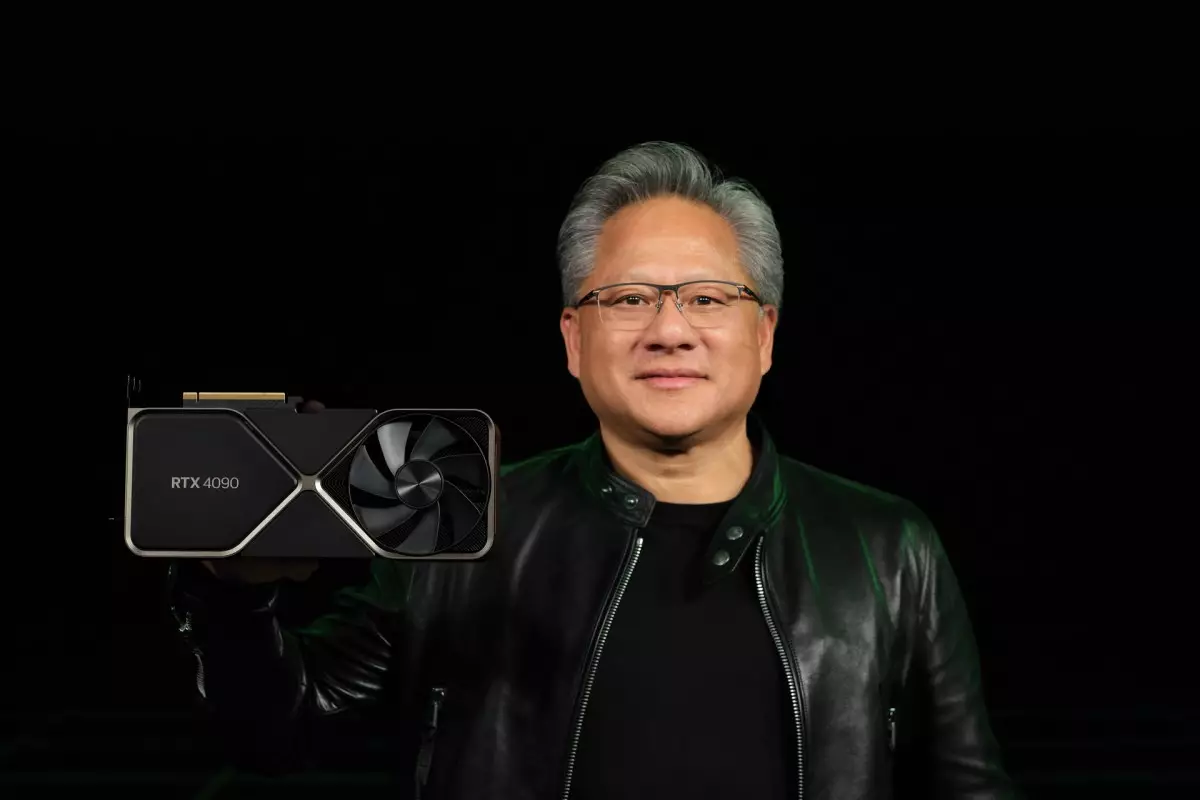The European Union’s regulatory framework has recently emerged as a formidable force against mergers and acquisitions within the technology sector, with the notable case being Nvidia’s proposed acquisition of Run:AI. This nearly $700 million deal, aimed at expanding Nvidia’s foothold in the artificial intelligence (AI) landscape, is now under the microscope due to concerns raised by Italian competition regulators. Their referral to the European Commission signals a shift in how tech mergers are treated, suggesting that even transactions lacking significant scale can be subject to rigorous examination.
The increasing vigilance from the EU regarding mergers among tech giants underscores a changing tide in regulatory attitudes. For years, companies like Nvidia have enjoyed a relatively laissez-faire environment when it comes to acquiring startups and smaller firms. However, as the competitive landscape has evolved—especially with the echoing dominance of major players in crucial sectors like AI—competition authorities are recognizing the need for a more proactive involvement in scrutinizing these transactions. Regulators are now considering the broader implications of such mergers, especially in terms of market concentration and access to vital technologies.
Nvidia’s acquisition of Run:AI is significant not just for the financial implications but for the technological ramifications it holds. As a leader in GPU technologies pivotal for AI model training, Nvidia’s expansion strategy aims to assimilate innovative capabilities provided by startups. This acquisition, however, raises eyebrows regarding competitive fairness in the marketplace, emphasizing the delicate balance between fostering innovation and preventing monopolistic behavior.
Under the EU Merger Regulation (EUMR), national regulators can propose that the European Commission reviews mergers that may not meet the standard notification thresholds yet pose a risk to competition within the Single Market. Italy’s referral request, executed under Article 22 of the EUMR, brings to light concerns that Nvidia’s presence might unduly influence competition in the areas where both companies operate. The Commission’s acceptance of Italy’s request indicates the seriousness of the potential market implications.
This process involves multiple layers of scrutiny and could significantly delay the acquisition timeline. Nvidia must now provide comprehensive documentation to the Commission, detailing how the merger might affect competitive dynamics within the EU. Until the transaction navigates this thorough assessment and receives clearance, Nvidia is prohibited from moving forward—risking both time and resources in an already volatile tech market.
The scrutiny surrounding Nvidia’s acquisition is emblematic of a larger pattern within the tech industry. As AI technologies continue to evolve at a rapid pace, the interfaces between innovation and market power are becoming ever more pronounced. There is a legitimate concern that significant mergers could lead to further concentration of market power in a few large entities, diminishing competition and ultimately stifling innovation.
Ironically, the regulatory climate has shifted as fears grow—not just around specific cases but regarding the overall trajectory of competition in tech. Antitrust laws are being revisited, with policymakers realizing that the absence of oversight has allowed a handful of corporations to gain an overwhelming grip on critical technologies and market segments. The increased intervention offers a cautionary narrative for companies navigating the acquisition landscape; they must remain astute about regulatory implications while pursuing growth through mergers.
In light of these developments, Nvidia has expressed its willingness to cooperate with regulators through a statement from spokesperson John Rizzo, highlighting the company’s readiness to address any queries related to Run:AI. However, the unfolding drama surrounding the proposed acquisition bears monitoring, not only for Nvidia but across the entire tech industry.
Should the Commission ultimately identify significant concerns, it may opt for an extensive investigation that could extend the initial review and complicate Nvidia’s strategic plans. The outcome of this scrutiny may serve as a precedent for future tech acquisitions, cementing the EU’s role as a critical arbiter in the tech mergers landscape and reinforcing the necessity for companies to factor in regulatory challenges in their growth strategies.
As this case unfolds, stakeholders and competitors alike watch closely, as the implications for regulatory approaches could shape the future of not just Nvidia, but the entire high-tech sector moving forward.

